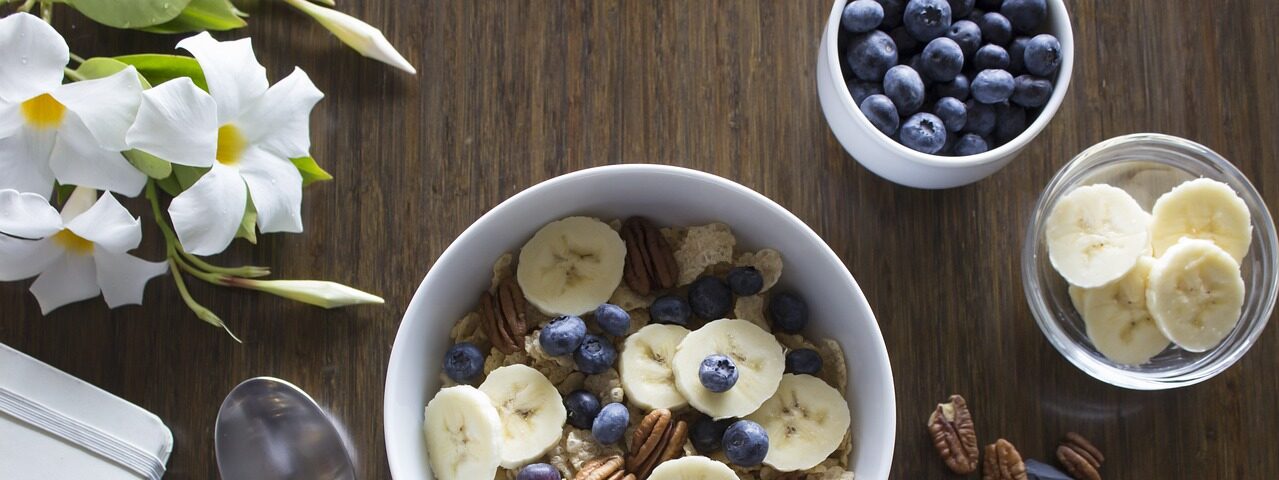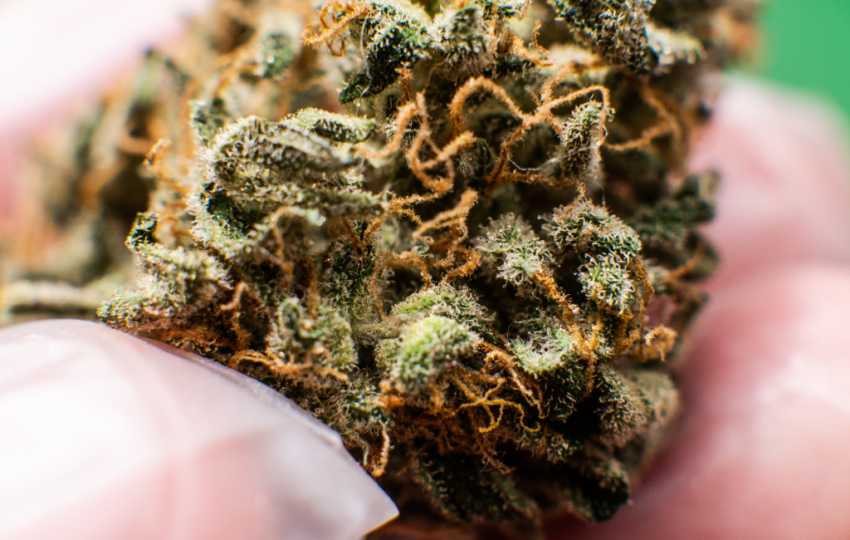THCA Edibles: A Delicious Means to Experience Benefits
Introduction
As the world of marijuana remains to advance, so do the ways in which we can eat it. Among the most interesting advancements in recent years is the surge of THCA edibles. However what exactly are they? And why should you think about incorporating them into your health routine? In this thorough overview, we will discover everything you require to find out about THCA, its benefits, possible side effects, and just how to enjoy it in tasty edible kinds. So sit back, unwind, and allow’s dive into the fascinating globe of THCA edibles!
What is THCA?
Understanding THCA: The Basics
THCA, or tetrahydrocannabinolic acid, is a non-psychoactive substance found in raw marijuana plants. Unlike its more popular equivalent THC (tetrahydrocannabinol), which obtains you high when heated up or smoked, THCA continues to be non-active up until it goes through decarboxylation– a procedure that occurs through warmth or extended direct exposure to sunlight.
The Science Behind THCA
-
Chemical Structure: THCA has a similar chemical framework to THC but with an added carboxylic acid group (-COOH). This architectural distinction is what makes it non-psychoactive.
-
Decarboxylation Process: When cannabis is warmed (such as throughout smoking or food preparation), the carboxylic acid team is eliminated, transforming THCA into THC. This change is critical for those seeking psychedelic effects.
The Rise of THCA Edibles
Why Select Edibles?
Edibles are an increasingly preferred method to consume marijuana. They use a number of benefits:
A New Pattern in Wellness
With ongoing study right into the healing residential properties of cannabinoids like THCA, numerous health and wellness lovers are turning towards these edibles for an all-natural approach to wellness.
THCA Benefits: What Can You Expect?
Potential Health Conveniences of THCA
While research on THCA is still ongoing, initial research studies suggest different potential benefits:
Is There Proof Supporting These Claims?
Though anecdotal proof abounds pertaining to the benefits of THCA edibles, even more strenuous scientific study is required for conclusive claims. Nevertheless, lots of customers report favorable experiences.
How Are THCA Edibles Made?
The Refine of Creating Edibles
Creating your very own THCA edibles in the house can be both enjoyable and satisfying! Right here’s a basic guide:
- Combine your base with carefully ground raw cannabis blossom abundant in THCA.
- Heat carefully over reduced warmth for numerous hours (do not surpass 220 ° F).
Popular Kinds of Edibles
THCA can be changed right into various wonderful types:
- Gummies
- Chocolates
- Baked goods (cookies, brownies)
- Drinks (shakes or teas)
THCA Dosage: How Much Need To You Take?
Finding Your Suitable Dosage
Determining the best dosage can be difficult since private tolerances differ commonly based on factors such as body weight and metabolic process. Here’s a general standard:
Consulting Professionals
If you’re not sure about application or have particular wellness conditions, seeking advice from a health care expert seasoned in cannabinoid treatments can give personalized guidance.
THCA Side Effects: What You Must Know
Are There Any kind of Risks Related To THCA?
While lots of people appreciate making use of THCA without issues, it’s vital to understand prospective side effects:
Listening to Your Body
Always take notice of how your body responds after eating any kind of new item– this consists of surveillance exactly how you really feel after trying various dosages or types of edibles.
Common Concerns About THCA Edibles
FAQs
1. What does “THC-A” mean?
THC-A refers particularly to tetrahydrocannabinolic acid– a precursor to THC located in raw cannabis plants.
2. Are there any type of psychoactive results from eating raw cannabis?
No! Consuming raw cannabis including just THCA will not produce psychedelic effects unless transformed with decarboxylation (home heating).
3. Can I make my own THC-A edibles?
Absolutely! You can produce different sorts of edibles using what plants have thc raw marijuana flower rich in THC-A by instilling it right into oils or butters.
4. Is it lawful to get THC-A products?
Laws vary by area; guarantee you check regional policies before purchasing any type of cannabis products!
5. The length of time do the results last when taking in THC-A edibles?
Effects generally last in between 4-8 hours relying on specific metabolic rate and dosage taken.
6. Can THC-An aid handle persistent pain?
Some customers report relief from persistent pain when making use of THC-An items; however, consult a health care professional for individualized guidance based on your condition.
Conclusion
In recap, THCA Edibles: A Delicious Way to Experience Benefits offers an interesting opportunity for those looking to check out the wellness advantages associated with this non-psychoactive compound located in raw cannabis plants! With assuring anti-inflammatory residential or commercial properties and neuroprotective qualities– along with scrumptious alternatives offered– there’s no time like the present to think about incorporating these distinct deals with into your wellness routine!
From understanding what composes this interesting compound through crafting scrumptious homemade variations– you now hold crucial insights that empower informed decisions about including these delicious tidbits into everyday life! Remember constantly though– to begin slow when trying out any kind of form of edible intake while keeping note on just how each dosage effects overall health with time! Satisfied munching!
Cannabis THCa Flower
As the cannabis industry continues to evolve, new products and compounds are emerging, offering consumers a variety of options. One such product is THCA flower, which has been gaining attention for its unique properties. This article explores the differences between THCA flower and traditional cannabis, providing insights into their effects, benefits, and uses.
Understanding THCA and THC
THCA (tetrahydrocannabinolic acid) is a non-psychoactive cannabinoid found in raw and live cannabis. When cannabis is heated through smoking, vaping, or cooking, THCA converts into THC (tetrahydrocannabinol), the compound responsible for the psychoactive effects commonly associated with cannabis.
THCA: The Raw Form
THCA is present in fresh cannabis plants and is often consumed in its raw form. It does not produce the “high” that THC does, making it an attractive option for those seeking the therapeutic benefits of cannabis without the psychoactive effects.
THC: The Psychoactive Compound
THC is the most well-known cannabinoid and is responsible for the euphoric and mind-altering effects of cannabis. It is produced when THCA is decarboxylated, a process that occurs when cannabis is exposed to heat.
Benefits and Uses of THCA Flower
THCA flower offers a range of potential benefits, many of which are still being studied. Some of the reported benefits include:
- Anti-inflammatory properties
- Neuroprotective effects
- Anti-emetic (anti-nausea) properties
- Potential anti-cancer properties
These benefits make THCA flower a promising option for individuals seeking alternative treatments for various conditions without experiencing the psychoactive effects of THC.
Traditional Cannabis: Benefits and Uses
Traditional cannabis, which contains THC, is widely used for both recreational and medicinal purposes. Some of the well-known benefits include:
- Pain relief
- Reduction of anxiety and depression
- Improvement of sleep quality
- Appetite stimulation
These effects make traditional cannabis a popular choice for those looking to manage symptoms of chronic pain, mental health disorders, and other conditions.
Consumption Methods
THCA Flower
THCA flower can be consumed in several ways, including:
- Juicing raw cannabis leaves
- Adding raw cannabis to smoothies or salads
- Using tinctures or capsules containing THCA
These methods allow consumers to benefit from THCA without converting it to THC, thus avoiding psychoactive effects.
Traditional Cannabis
Traditional cannabis is typically consumed through methods that involve heating, such as:
- Smoking or vaping
- Edibles and beverages
- Topicals and tinctures
These methods activate the THC, providing the psychoactive effects that many users seek.
Legal Considerations
The legal status of THCA and THC varies by region. In some areas, THCA is legal while THC is not, making THCA flower an attractive option for those living in regions with strict cannabis laws. It is important to research local regulations before purchasing or consuming any cannabis products.
Case Studies and Statistics
Several studies have explored the potential benefits of THCA and THC. For example, a study published in the British Journal of Pharmacology found that THCA has anti-inflammatory properties that could be beneficial for conditions like arthritis. Another study in the Journal of Neuroimmune Pharmacology suggested that THCA may have neuroprotective effects, potentially aiding in the treatment of neurodegenerative diseases.
Statistics from the National Institute on Drug Abuse indicate that approximately 22.2 million people in the United States use cannabis each month, highlighting the growing interest in both traditional cannabis and alternative products like THCA flower.
Conclusion
THCA flower and traditional cannabis offer distinct benefits and uses, catering to different needs and preferences. THCA provides therapeutic effects without the psychoactive high, making it suitable for those seeking medicinal benefits. Traditional cannabis, with its THC content, offers both recreational and medicinal benefits, including pain relief and mental health support. Understanding the differences between these two forms of cannabis can help consumers make informed decisions based on their individual needs and legal considerations.

